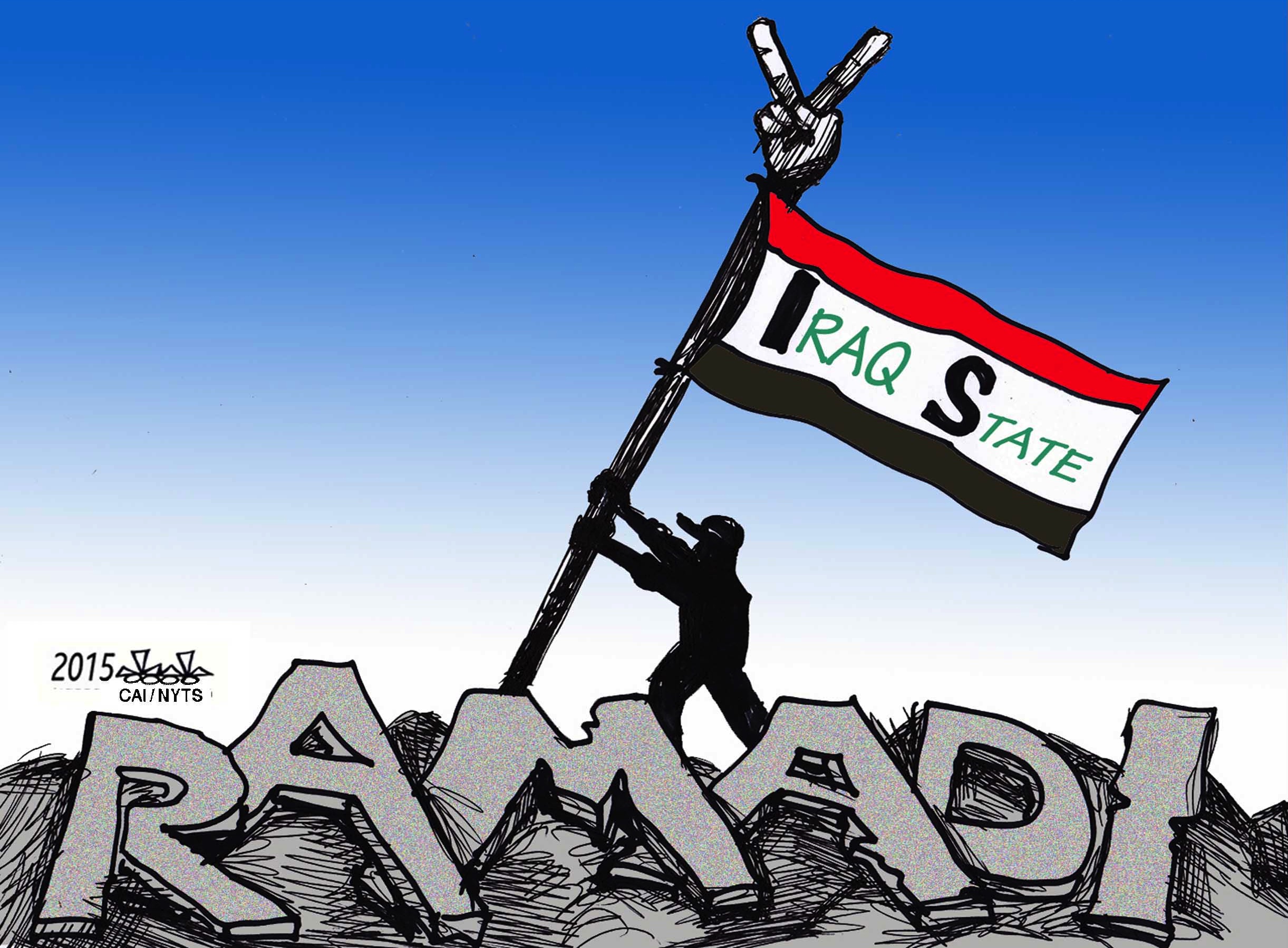Remember Fallujah? For the Barack Obama administratÏion, the Iraqi retaking of Ramadi — with substantial U.S. help — is a welcome New Year's gift. But before anyone gets too excited about moving on to Mosul, Iraq's second-largest city, it would be wise to remember that at least two further obstacles remain before that battle can be mounted. The Iraqis need to hold Ramadi and establish supply lines in the territory leading to Mosul, and they must break the Islamic State (IS) group's hold on Fallujah, to the rear of Ramadi and perilously close to Baghdad.
The first of these goals will be challenging, and for a very specific reason: IS prefers to control territory, but as Iraq retakes that territory, it forces IS to act as an insurgency. And as the long Sunni insurgency of 2003-2006 should remind you, the Sunni areas of Iraq — where the battle with IS is now taking place — are uniquely susceptible to being harassed by insurgent forces.
For example, consider Baiji, a key objective on the main road from Ramadi to Mosul. After nearly two years of fighting, Iraqi forces seem to control it. But several times, IS forces have retaken parts of the city or the oil refinery there despite the Iraqi government's claim to be fully in charge. Surrounded by barren land, Baiji is vulnerable to hit-and-run-style attacks of the kind favored by insurgents. Kicking IS out of Baiji hasn't fully guaranteed Iraqi government control.



